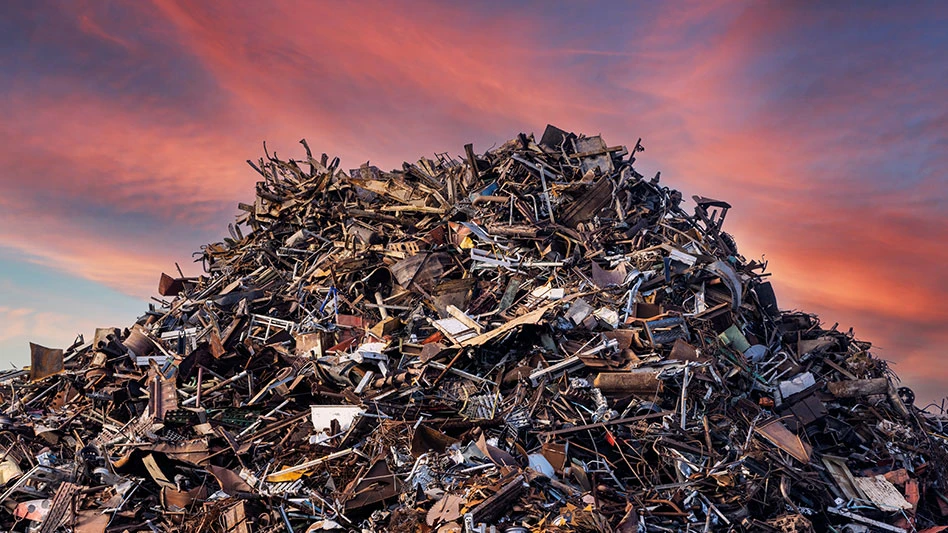Nine years is not an especially long time as measured by historians, archivists or, certainly, geologists. In terms of technology, economics and geo-politics, however, a great deal can happen in nine years.
For an observer of the recycling industry such as myself, the business cycle has produced a series of ups and downs during the nine-year span that I have been writing for the Recycling Today Media Group. Each secondary commodity has a unique story to tell during that time, with some of those narratives being quite complicated.
One of the most intriguing examples involves plastic, a material that is often embraced by manufacturers and sometimes scorned by environmentalists. During most of my time with Recycling Today, plastic has been the target of recycling advocates who have often criticized what they perceive as a lack of interest in recycling by the plastics industry.
Not that long ago, it looked like plastic recycling advocates had become more successful at convincing communities to collect post-consumer plastic than they had been convincing manufacturers to incorporate the material into the design of new products.
At the same time, many traditional, entrepreneurial recyclers and processors of metals and paper were not convinced of the profits to be made from handling plastic, and so stayed on the sidelines or were marginally involved in the segment.
As of 2006, however, the sidelines are a lot less crowded and the playing field is a much busier place. The booming economy of China in particular (and other developing nations as well) has boosted demand for plastic scrap in the same way it has for scrap metals and paper.
Following a well-tested economic formula, increased demand has strained supply and lifted prices for plastic scrap. Improved pricing has merited renewed attention from entrepreneurs, global corporations, investment bankers, government economic development agencies and any other entity seeking a return on investment.
Recycling entrepreneurs have said that when business conditions warrant it, plastics recycling would gain attention from the private sector. Based on recent activity in this industry, their case has been made, and an influx of money is helping the plastics recycling world go ’round.
At the same time, environmentalists have said that resource scarcity should serve as a motivation for increased plastic recycling. With oil at $60 per barrel and speculation that global petroleum production may have peaked, they may also feel a sense of justification.
Both should enjoy taking part in the growth and development of a sector that appears to be entering a bold new era.
WANT MORE?
Enter your email to receive our newsletters.

Explore the April 2006 Issue
Check out more from this issue and find your next story to read.
Latest from Recycling Today
- Republic Services, Blue Polymers open Indianapolis recycling complex
- Altilium produces EV battery cells using recycled materials
- Brightmark enters subsidiaries of Indiana recycling facility into Chapter 11
- Freepoint Eco-Systems receives $50M loan for plastics recycling facility
- PET thermoform recycling the focus of new NAPCOR white paper
- Steel Dynamics cites favorable conditions in Q1
- Hydro starts up construction in Spain
- Green Cubes unveils forklift battery line





